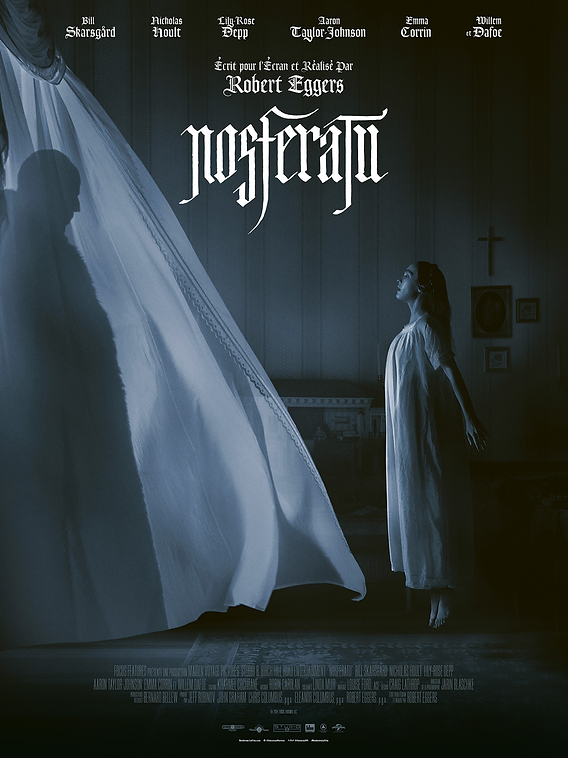Little Women by Luisa May Alcott, is a classic novel adored by many. The coming of age novel follows the story of the four March sisters, Jo, Beth, Amy, and Meg, as they navigate life together while their father fights in the Civil war. It illustrates themes of desperation, depression,and need, while also demonstrating the way families get through perilous times through community. The novel starts off during Christmas time, while their father is off fighting in the war, and then has a seven year time skip to when the girls are newly young women navigating adulthood.
While there were five movie adaptations released dating from 1933-2019, the two most recent ones will always be the most loved, and most controversial. The 2019 rendition of Little Women directed by Greta Gerwig gained traction quickly, and soon became a hit, earning movie theaters around the globe a total of $219 million. The rating on rotten tomatoes continues to stand at 95% according to major critics, and 92% based on audience reactions.
The 1994 rendition of Little Women directed by Gillian Armstrong is a classic. Audience members claim that it significantly compares to films such as Pride and Prejudice (2005) and Emma (2020), other movies based on novels from around the same time period. In my opinion and many others, this adaptation is the most accurate to the original story. It follows the same timeline, the time period setting is very well done, as well as the main plot points are displayed near to exactly how they were written. I think Luisa May Alcott would approve. On Rotten Tomatoes, the critics’ score stands a t 93%, while the audience score is 84%. Overall, Greta Gerwig’s adaptation has slightly higher reviews, although both are significantly loved.
The two movies are similar in many ways including the overall story and lessons told however, many differences arise when searching deeper. Despite having overall high ratings, there have been a few major concerns with Greta Gerwig’s adaptation. Some of the critiques include poor casting choices, unclear timelines, and inaccuracy in comparison to the original novel. The main casting complaint was having Florence Pugh (24 at the time) acting as Amy March (12). In Armstrong’s adaptation, Kirsten Dunst playing young Amy was 11 at the time, and Samantha Mathis playing older Amy, was 23. In Gerwig’s version, Florence Pugh played both young and old Amy, portraying inaccurate casting. Another difference is that while Armstrong’s adaptation followed the same timeline structure as the original book, Gerwig’s version skipped from the past to the present in a more choppy format. To viewers, this combined with the same casting in both years, resulted in a movie that was harder to follow along.
Overall, my favorite and top pick out of the two adaptations would have to be Gillian Armstorng’s. The feel of the movie is comforting and feels like a classic, while it still follows the storyline of the beautiful novel by Luisa May Alcott.




